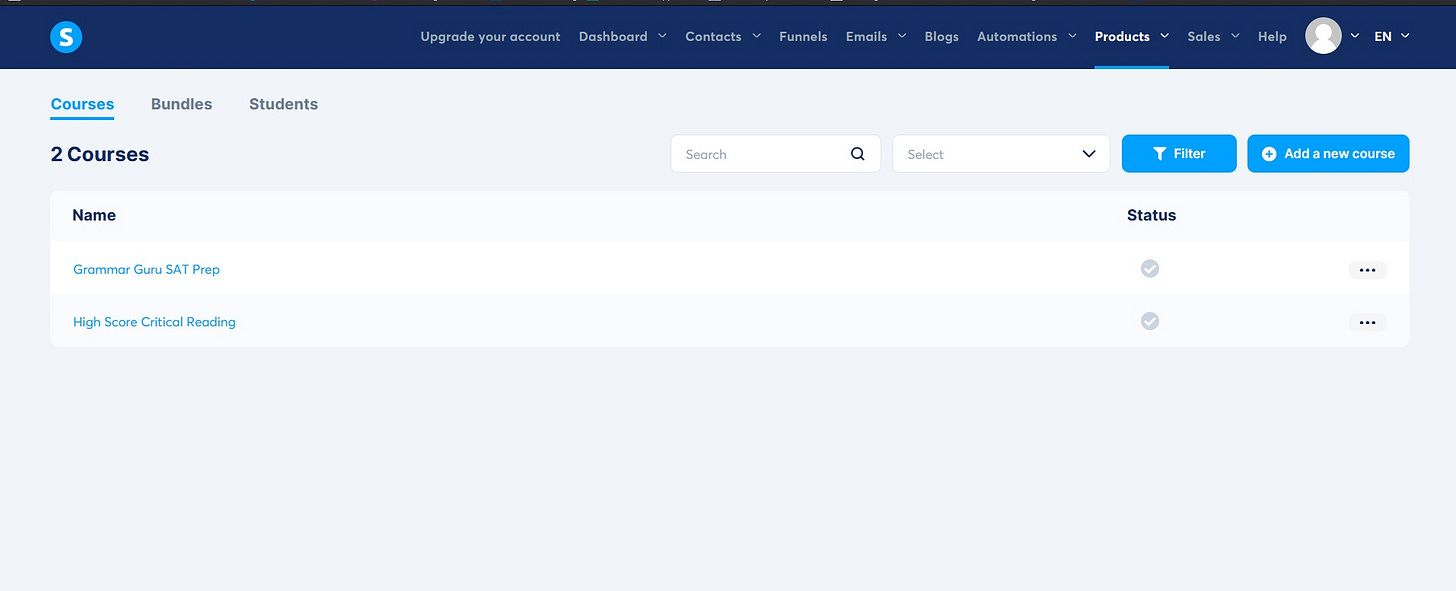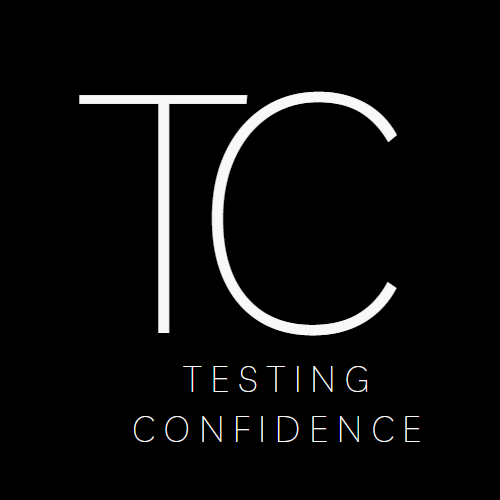Building Education Content for Online Classes
Software Learning Solutions to build Courses

My journey to build an online learning community continues to evolve.
I’ve been researching different types of software, and I currently am testing them for ease of use and the ability to market them.
Freeware, as I’ve stated before is usually used by large learning organizations that have a high user count. The number of user accounts would make online learning platforms, very expensive and would not ensure data privacy. Proprietary data is best on servers and software which are not shared by other groups or institutions.
My goal is to develop courses that are easy for me to create and easy to use by students. As a tutor of over 10 years, I know the time and cost commitment of one on one training.
According to the U.S. Department of Education, 54% of U.S. adults 16-74 years old - about 130 million people - lack proficiency in literacy, reading below the equivalent of a sixth-grade level.
Forbes 2020, Low Literacy Levels Among U.S. Adults Could Be Costing The Economy $2.2 Trillion A Year
How will this change? Courses need to be available and easy for people who lack time and financial resources. This doesn’t just apply to elementary, middle, or high school students. There are so many programs available. To become fluent in reading, grammar, or math, you need to start with what you know and practice. Practice and learning take time.
The biggest is people have issues with is high-stakes testing. This type of testing tests the basic skills with logic on top of it. Many students understand the skills and can get As in the area, but they don’t do well on state tests that have multi-step logic applied. This is where the train comes off the tracks.
The SAT has become a very political discussion because people want their children to have a future and not be condemned to poverty. It’s a very reasonable view. The only way to overcome these types of tests is to understand the underlying material and know how to read the questions properly. Reading is critical for all high-stakes testing. Memorizing lists isn’t a solution.
The solution is thinking and learning.
I’m building solutions to this problem. Here is where I’m at….
Learning, Playing, and Discovering tools and processes for course development on?
Moodle on a shared Namecheap server
Opensource
Not splashy and has few tools
Free software
Groove.cm on their platform
Limitations on space and the number of unlisted videos I can connect from my YouTube channel.
Funnel tools
Free not splashy Software
Systeme.io on their platform
This is a platform course and is my current favorite for one system
One free website with a free subdomain address off of http://systeme.io
The software is very intuitive to add new information
It offers a community feature
This is an affiliate marketing business plan which grows through referrals
Initial offers are great
Open non-cluttered setup
I needed to create a name for my courses. I created Testing Confidence, and all my courses will be under the systeme.io subdomain till I get a registered domain name and add it to this.
New accounts are very inexpensive, but scaling is pricey. This is true of platforms with an Affiliate Marketing business plan.






